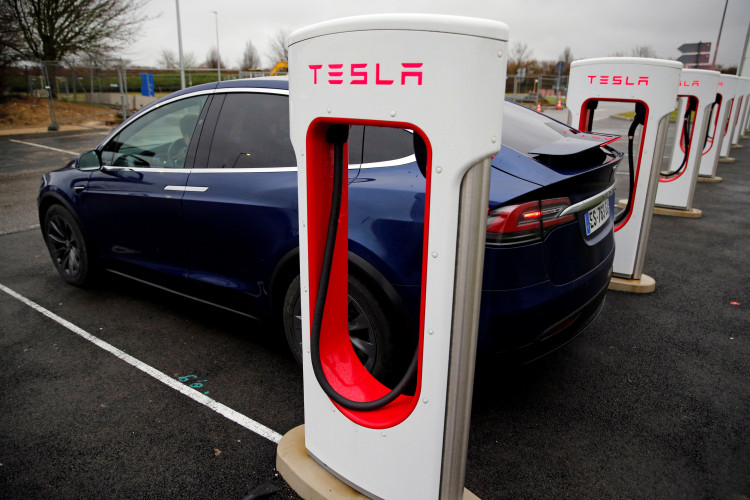Tesla built another Powerpack system at a train station in Osaka, Japan to reduce peak energy demand and to be used as the company’s back up. The company said on Twitter that its 42 Powerpack units will be used to provide energy to safely power a train for up to 30 minutes to the next station during power interruptions.
According to the company, the Powerpack system is a 7MWh project which is its biggest energy storage development in Asia. The construction of the project was completed with great speed just like the construction of its first giant Australian Powerpack system. According to reports, the hardware was installed in just two days.
Japan’s train station is among the busiest in the country. Millions of people travel in the station every day. It is believed that the construction of the Powerpack is undoubtedly a blessing during power interruptions. Tesla is known in developing high-end electric vehicles and it is also gaining influence in the energy storage landscape. The company had deployed 1.04Gwh of energy storage in 2018 and, in 2017, it rolled out 358MWh.
Last year, the company installed the largest lithium-ion battery in South Australia. The company also assured that they will revolutionize the way electricity is produced, stored and sold in the region which is known to suffer many blackouts with a market monopoly. In less than two months, the company delivered its promise after the company made a multimillion-dollar saving after the energy cartel in Australia tried to capitalize on power fluctuations and send the power market into overdrive.
During planned maintenance or system faults, the Australian Energy Market Operator traditionally asks assistance from other energy companies to contribute some of their network services, the frequency control and ancillary services (FCAS). The operator asked for 35MW on January 14. On that occasion, the major players that include AGL, Origin, and Engine can only contribute 30MW of low priced capacity. The prices in the market increased reaching AU$14,000/MW following the increased generators charging of up to $7 million per day for a service that normally costs a tenth of the price.
The prices stopped increasing after Tesla built the big battery rode which kept the prices low at $270/MW. Experts believe that Tesla’s role saved more or less $3 million. It is good news for market players and consumers. Ed McManus, CEO of Powershop Australia, believes that the big battery of Tesla already has a phenomenal" impact.





